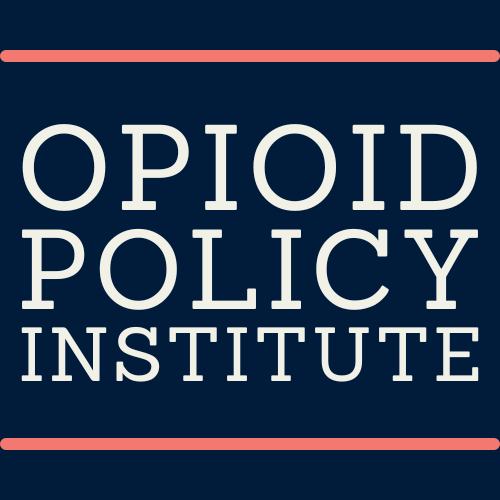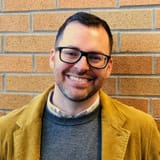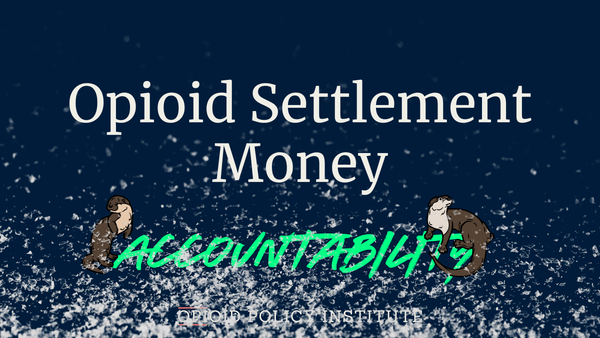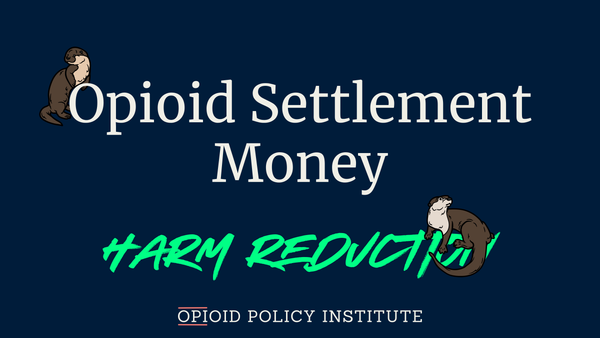New Team Member!
Welcome, Antonella “Tony” Peterson!
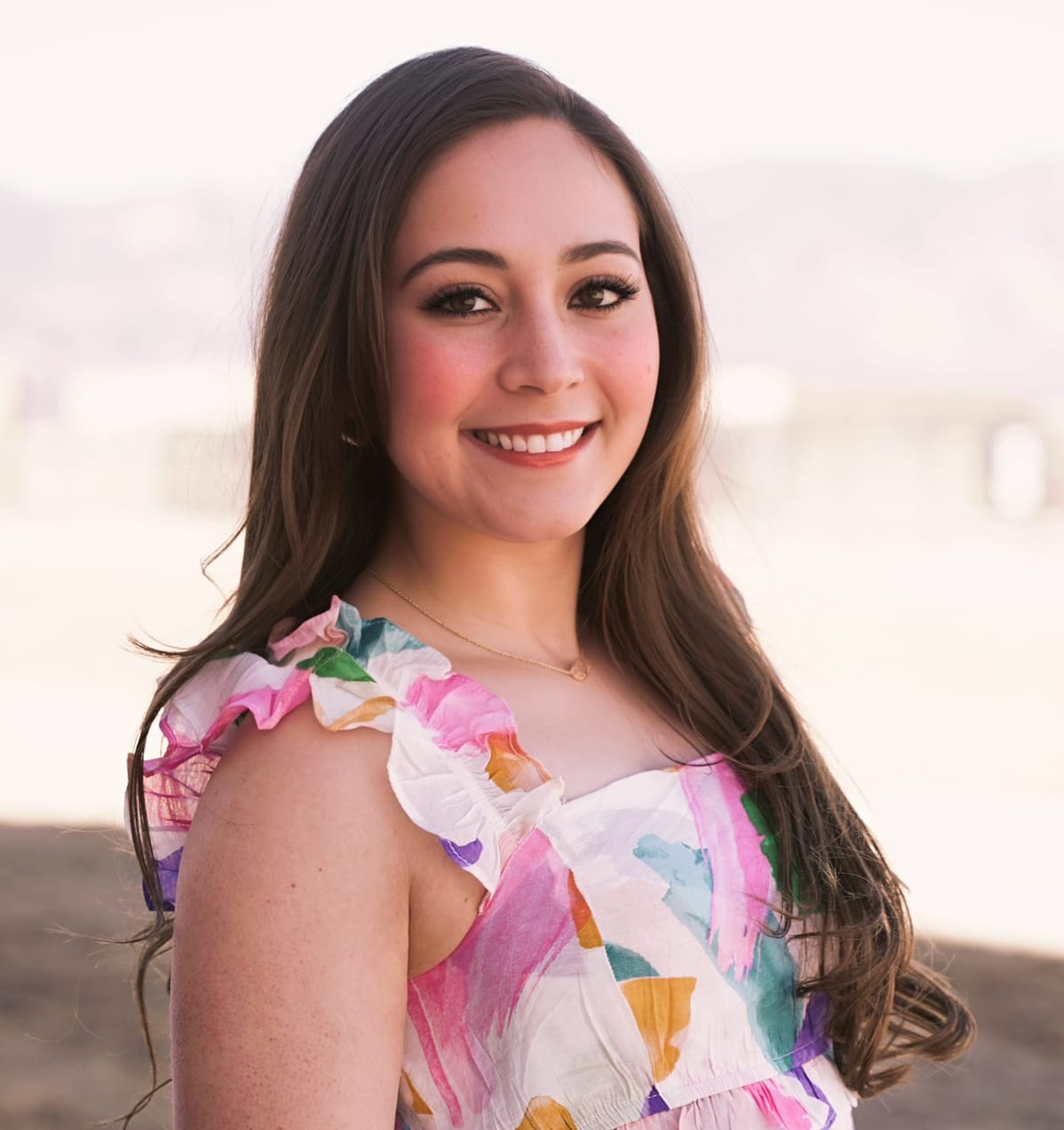
Research thrives on collaboration, and we’re excited to grow our team with Antonella “Tony” Peterson, who started this week as our newest Research Assistant! She'll mostly be helping out with our opioid settlement waste, fraud, abuse, and mismanagement project so you'll be seeing a lot of her in your inboxes very soon. Let's hear from her in her own words:
Tell us a little about your professional background
Hi! I’m Antonella “Tony” Peterson, an active-duty U.S. Army Medical Service Corps Officer. I help keep more than 30 clinics and external units stocked and mission-ready, everything from surgical supplies to routine patient care items. Alongside my Army career, I’m earning my Master of Public Health at the Yale School of Public Health, focusing on health informatics and how data can drive smarter, fairer health systems.
What inspired you to pursue an MPH?
Throughout my military service, I’ve seen how strategic planning and data-informed policies can directly affect the health and readiness of Soldiers and their families. I pursued an MPH to deepen my understanding of public health systems, equity, and ethical decision-making, and to better bridge the gap between policy and real-world health outcomes.
What drew you to research on opioid settlement funds and accountability?
The opioid epidemic has devastated families and communities, including those connected to military service. I was drawn to this research because settlement funds represent a rare opportunity to drive long-term, equitable public health change, but only if they’re used responsibly and transparently!
How do your prior professional experiences help prepare you to shape public health funding through this project?
As a military medical operations and logistics planner, I’ve worked in complex systems where data quality, funding, supply chains, and health outcomes are deeply connected. That perspective helps me analyze how resources flow and how gaps or inefficiencies can undermine public health goals.
What do you hope will come from this research into opioid settlement waste, fraud, abuse, and mismanagement?
I hope this work helps communities feel empowered to demand transparency and make sure funds serve the people who’ve been hurt the most. If we can help prevent waste and misuse, we can push more dollars into prevention, treatment, and recovery programs that truly save lives.
*Updated 1.5.26 to remove current employment to avoid confusion.
Opioid Policy Institute by Jonathan JK Stoltman, PhD is licensed under CC BY-NC-SA 4.0
